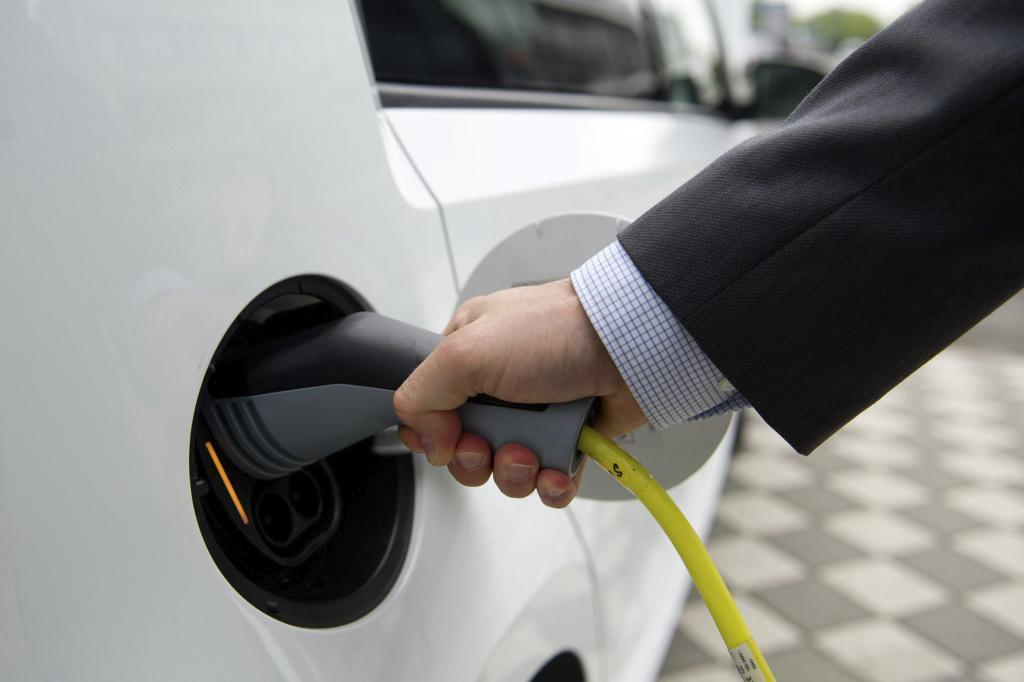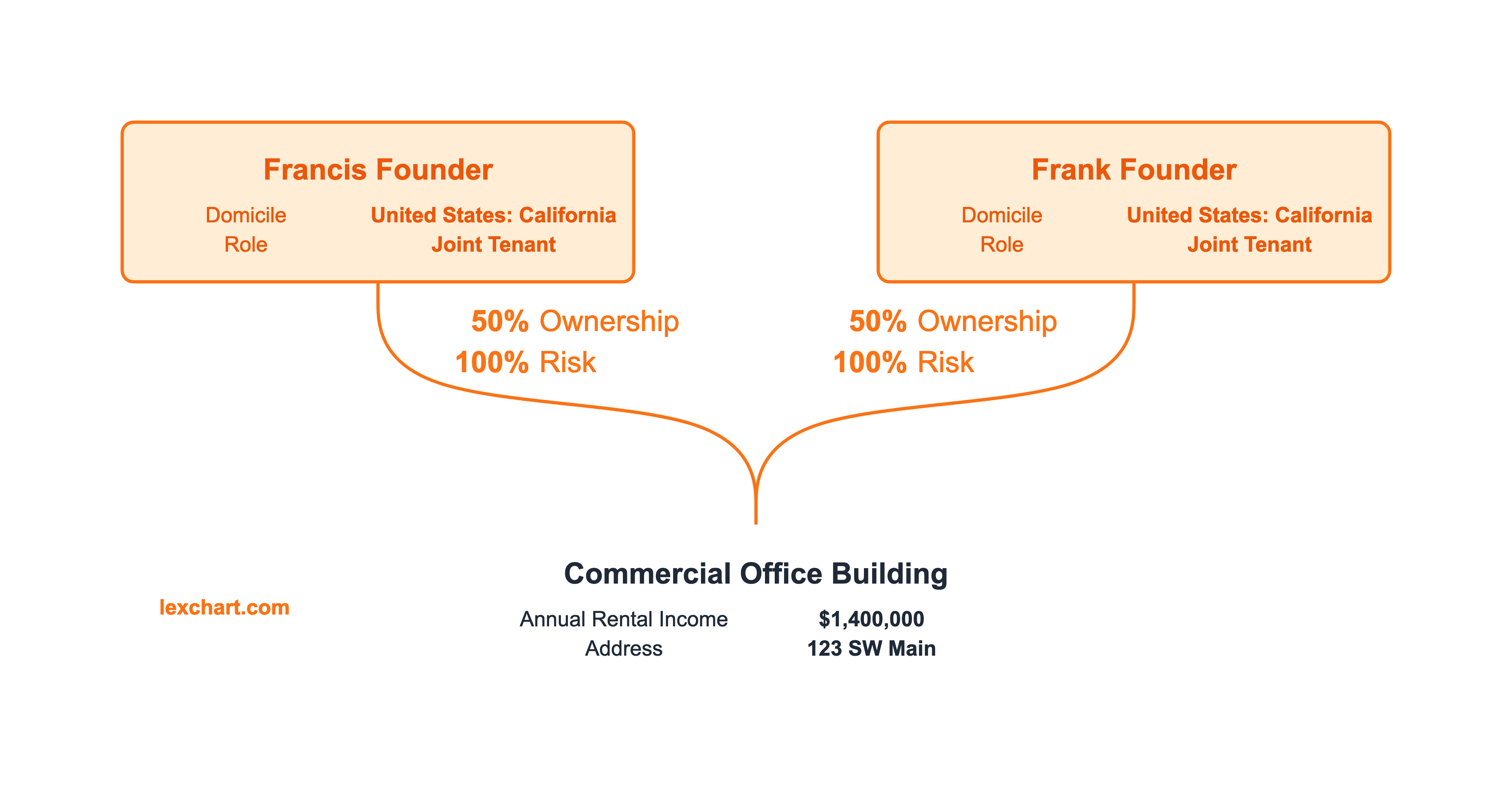The Ongoing Battle: Car Dealers Resisting Electric Vehicle Requirements

Table of Contents
Financial Incentives and Profit Margins
The traditional car dealership model is built around the high-profit margins associated with gasoline-powered vehicles. Selling gasoline cars generates significant revenue not only from the initial sale but also from ongoing maintenance and parts replacements. Electric vehicles, however, present a different financial picture. EVs have fewer moving parts, requiring less frequent and less extensive servicing, thus significantly impacting the dealership's service department revenue. This difference in profitability is a major factor driving resistance to EV adoption among dealerships.
- Higher profit margins on gasoline car sales and parts: Dealerships often make a larger percentage profit on gasoline vehicle sales compared to EVs, and the aftermarket parts and service for gasoline vehicles are considerably more lucrative.
- Lower service revenue from EVs: The simpler mechanics of EVs mean fewer opportunities for repairs and maintenance, directly impacting dealership service department income.
- Resistance to investing in EV-specific training and infrastructure: Upgrading staff knowledge and facilities to service EVs requires significant upfront investment that some dealerships are reluctant to make.
- Concerns about reduced vehicle inventory turnover: Dealerships may be concerned about the potential for slower sales of EVs compared to gasoline cars, affecting their overall inventory turnover rate.
Infrastructure Challenges and Investment
Transitioning to a substantial EV sales volume requires dealerships to make significant investments in their infrastructure. This goes beyond simply adding a few charging stations; it involves a comprehensive overhaul to accommodate the unique requirements of electric vehicles. The costs associated with these upgrades are substantial and represent another key barrier for many dealerships.
- Cost of installing EV charging stations: Installing fast-charging stations requires significant capital investment, including the cost of equipment, installation, and ongoing maintenance.
- Need for specialized EV mechanic training: Servicing EVs requires specialized knowledge and training, which necessitates investment in employee education and potentially hiring new staff with EV expertise.
- Investment in new diagnostic tools and equipment: EVs require specialized diagnostic tools and equipment that are not typically found in traditional dealerships.
- Lack of government support or incentives for infrastructure upgrades: The absence of robust government support and incentives for dealerships to upgrade their infrastructure exacerbates the financial burden.
Consumer Demand and Education
While consumer demand for EVs is growing, it's not yet universal. Many consumers still harbor misconceptions about EVs, including range anxiety, charging infrastructure limitations, and a perceived lack of performance compared to gasoline cars. This lack of awareness and lingering concerns significantly impact dealerships' willingness to fully invest in EV sales. Dealerships play a crucial role in addressing these concerns and educating potential customers.
- Reluctance to adopt new technology by some consumers: Some consumers are naturally hesitant to adopt new technologies, preferring the familiarity of gasoline vehicles.
- Range anxiety and charging infrastructure concerns: Concerns about EV range and the availability of charging stations remain significant barriers to wider adoption.
- Lack of consumer awareness about EV benefits (e.g., lower running costs): Many consumers are unaware of the long-term cost savings associated with owning an EV, including lower fuel and maintenance costs.
- Dealership's role in overcoming consumer hesitancy: Dealerships have a critical role in addressing consumer concerns, providing accurate information, and promoting the benefits of EVs.
Regulatory Pressure and Government Mandates
Governments worldwide are increasingly implementing regulations and mandates to accelerate the transition to electric vehicles. These policies often include targets for EV sales percentages, and non-compliance can result in penalties for car manufacturers and, indirectly, dealerships. This regulatory pressure adds another layer to the complexity of the situation, contributing to the resistance from dealerships.
- Government targets for EV sales: Many governments are setting ambitious targets for the percentage of EV sales within a specific timeframe.
- Potential penalties for non-compliance with EV sales quotas: Failure to meet these targets can result in significant financial penalties for manufacturers and, consequently, impact dealerships.
- Dealerships lobbying against stringent regulations: Some dealerships are actively lobbying against stringent regulations, fearing the financial implications of a rapid shift to EVs.
- The tension between government policy and dealership profitability: The tension between government mandates to promote EVs and the financial realities of dealerships' current business models is a significant source of conflict.
Conclusion
The transition to electric vehicles presents significant challenges for car dealerships. Financial incentives, infrastructure investment requirements, consumer demand and education, and increasing regulatory pressure all contribute to the resistance observed among some dealerships. Overcoming car dealers resisting electric vehicles requires a collaborative approach. Governments need to provide incentives and support for dealership upgrades, while simultaneously investing in public awareness campaigns to educate consumers about the benefits of EVs. Only through collaboration between dealerships, governments, and consumers can we ensure a smooth and successful transition to a sustainable automotive future, dominated by electric vehicles.

Featured Posts
-
 Knicks Vs Pistons Series Bet365 Bonus Code Nypbet And Betting Predictions
May 17, 2025
Knicks Vs Pistons Series Bet365 Bonus Code Nypbet And Betting Predictions
May 17, 2025 -
 Serious Injury Clouds Angel Reeses Dpoy Celebration
May 17, 2025
Serious Injury Clouds Angel Reeses Dpoy Celebration
May 17, 2025 -
 Josh Hart Shatters Knicks Single Season Triple Double Record
May 17, 2025
Josh Hart Shatters Knicks Single Season Triple Double Record
May 17, 2025 -
 The Tom Cruise Tom Hanks 1 Debt A Hollywood Oddity
May 17, 2025
The Tom Cruise Tom Hanks 1 Debt A Hollywood Oddity
May 17, 2025 -
 47 Spike In India Real Estate Investments Q1 2024 Report
May 17, 2025
47 Spike In India Real Estate Investments Q1 2024 Report
May 17, 2025
